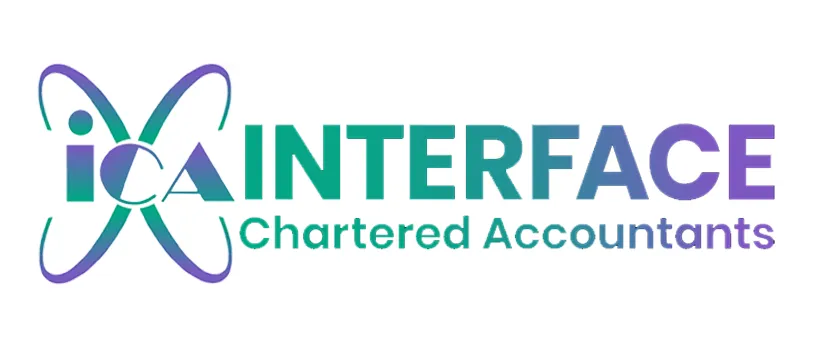For company directors, the landscape of financial transactions can be intricate, especially when it comes to the often-perplexing domain of directors’ loan accounts (DLA). Unlike the straightforward process of withdrawing funds for sole traders, extracting money from a company demands a heightened level of consideration due to the company’s distinct legal entity. This comprehensive guide unravels the complexities surrounding directors’ loan accounts, delving into their significance, the implications of an overdrawn account, the S455 tax rate, and the role of tax accountants in the UK.
Understanding Directors’ Loan Accounts: Foundations and Basics
In essence, a directors’ loan account serves as a detailed ledger documenting financial transactions between a company and its directors, excluding salary and dividends. It encompasses funds that a director has either taken from the company or injected into it, often utilizing personal resources for expenses or company assets. This record preserves the financial interactions that may extend beyond traditional salary or dividend disbursements.
Overdrawn Directors’ Loan Account: Navigating a Complex Terrain
The intricacies of directors’ loan accounts manifest notably when the account becomes overdrawn. An overdrawn directors’ loan account transpires when a director withdraws funds from the company exceeding their contributions, surpassing personal investments or credits. This scenario essentially entails a director benefiting from a loan granted by the company. Despite being unpaid, this loan assumes the status of a company asset, a pivotal concept we will delve into more profoundly later.
Having an overdrawn directors’ loan account isn’t inherently catastrophic, especially when meticulous records are maintained, and the director can either repay or offset the overdrawn amount within nine months of the company’s year-end. Yet, if repayment eludes the director’s grasp, particularly when the overdrawn amount surpasses the threshold (formerly £5,000, now £10,000 as of April 2014), challenges and tax implications emerge.
S455 Tax Rate: Unveiling the Implications
The S455 tax rate, also known as the section 455 tax rate, emerges as a pivotal consideration in the realm of overdrawn directors’ loan accounts. When a director’s loan account remains unsettled nine months post the company’s year-end, the S455 tax comes into play.
It’s paramount to recognize that S455 tax is distinct from conventional corporation tax. It’s independent of whether the company has generated profits or incurred losses or whether it has met its standard tax obligations. The S455 tax rate is levied at varying percentages depending on the period the loan was acquired, serving as a vital component to comprehend in the context of overdrawn directors’ loan accounts.
Expertise of Tax Accountants: Navigating the Complexities
As the intricacies of directors’ loan accounts and S455 tax rate become apparent, the role of seasoned tax accountant’s gains prominence. Collaborating with an accounting firm in the UK, like Interface Accountants, tax accountants possess the acumen to navigate this intricate terrain effectively. They offer invaluable insights into structuring transactions, preserving meticulous records, and ensuring compliance with regulatory frameworks.
Tax accountants play a multifaceted role, offering guidance in optimizing financial strategies, safeguarding against inadvertent pitfalls, and mitigating tax implications. Their expertise extends beyond computations, encompassing personalized solutions tailored to the unique circumstances of each director and company. By enlisting the aid of proficient tax accountants, directors can fortify their financial management, steer clear of regulatory pitfalls, and enhance their overall fiscal well-being.
Conclusion
Directors’ loan accounts and the associated S455 tax rate underscore the intricate fabric of corporate finance. Understanding the nuances of overdrawn accounts, tax implications, and the indispensable role of tax accountants is paramount for prudent financial management. As company directors navigate the labyrinth of financial transactions, collaborating with esteemed tax accountants from accounting firms in the UK emerges as a strategic choice. By harnessing their expertise, directors can navigate the complexities with confidence, safeguarding their fiscal interests and optimizing their financial strategies.
 Skip to content
Skip to content

